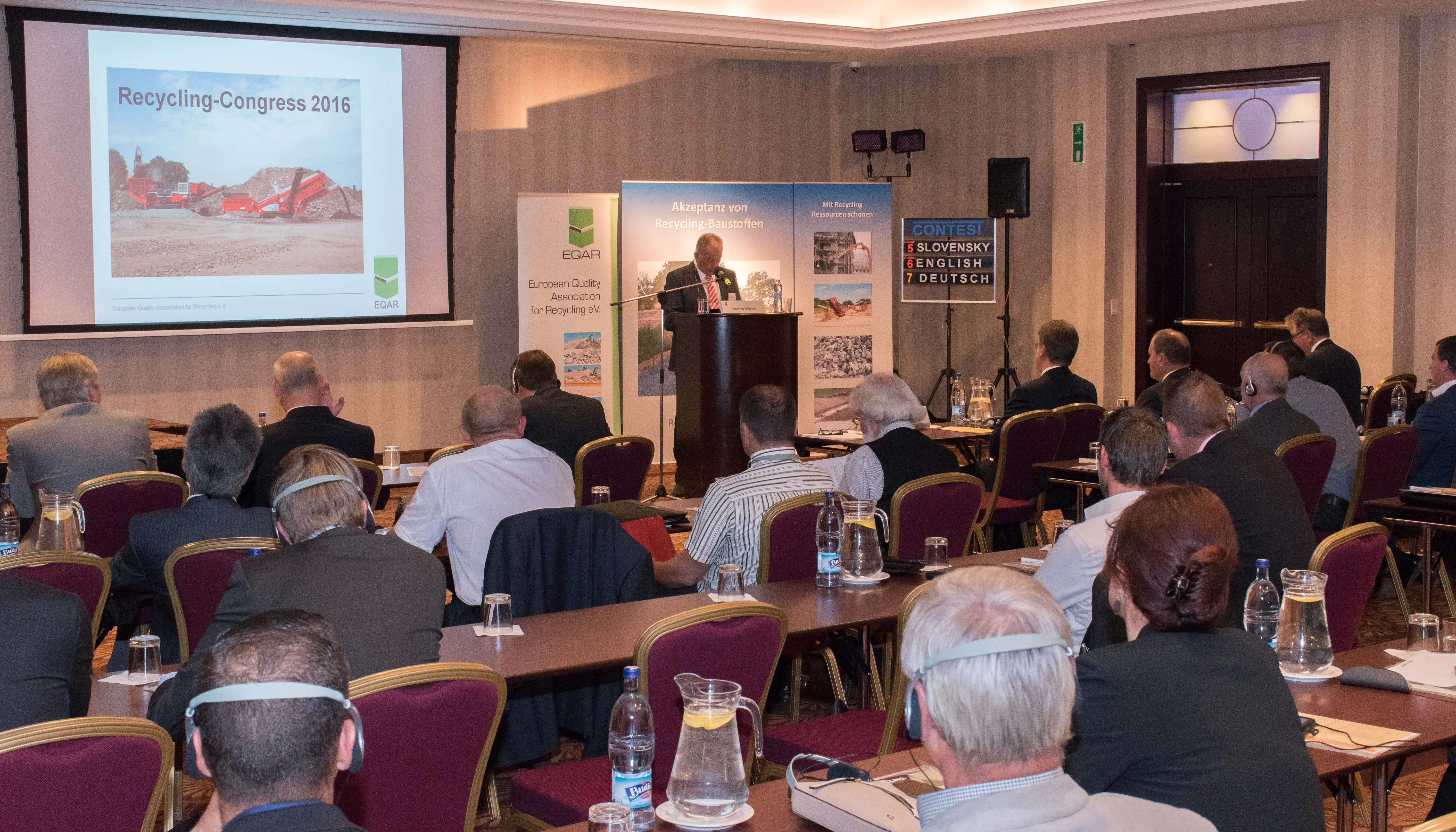Austrian transport club VCÖ has called for the number of kilometres travelled in private vehicles to be reduced by 55% by 2050 to cut time lost by goods transporters in traffic jams - said by VCÖ to be costing the Austrian economy US$5.23 billion (€4 billion) a year. According to VCÖ spokesperson Christian Gratzer, non-passenger transporters must be able to complete their journeys on time in order to improve competitiveness. Gratzer said the 55% reduction in private vehicle journey distance was particular
June 5, 2013
Read time: 1 min
Austrian transport club VCÖ has called for the number of kilometres travelled in private vehicles to be reduced by 55% by 2050 to cut time lost by goods transporters in traffic jams - said by VCÖ to be costing the Austrian economy US$5.23 billion (€4 billion) a year.
According to VCÖ spokesperson Christian Gratzer, non-passenger transporters must be able to complete their journeys on time in order to improve competitiveness. Gratzer said the 55% reduction in private vehicle journey distance was particularly necessary for journeys in cities. Measures such as a toll charge for cities, encouraging car sharing and improving public transport provision should be taken to reach this goal, said VCÖ. Through the reduction in private transport, said VCÖ, Austria would also meet the1116 European Union's climate and energy targets of a 77% reduction in CO2 emissions by 2050.
According to VCÖ spokesperson Christian Gratzer, non-passenger transporters must be able to complete their journeys on time in order to improve competitiveness. Gratzer said the 55% reduction in private vehicle journey distance was particularly necessary for journeys in cities. Measures such as a toll charge for cities, encouraging car sharing and improving public transport provision should be taken to reach this goal, said VCÖ. Through the reduction in private transport, said VCÖ, Austria would also meet the







